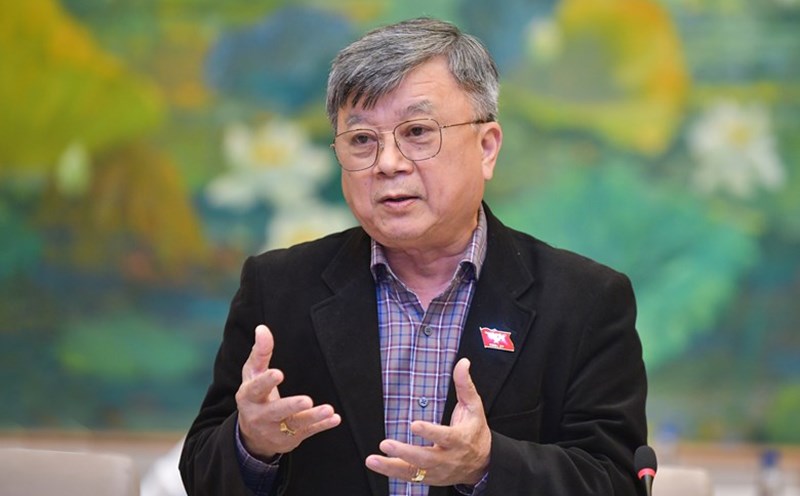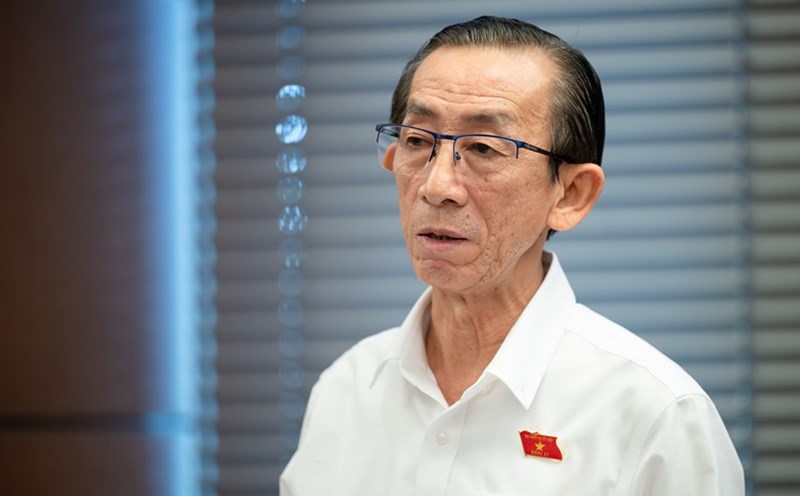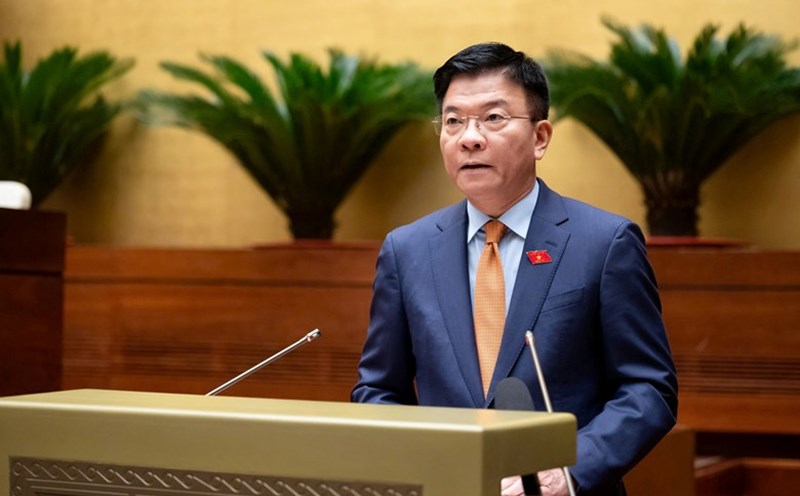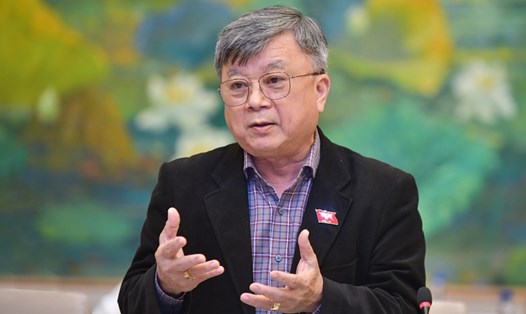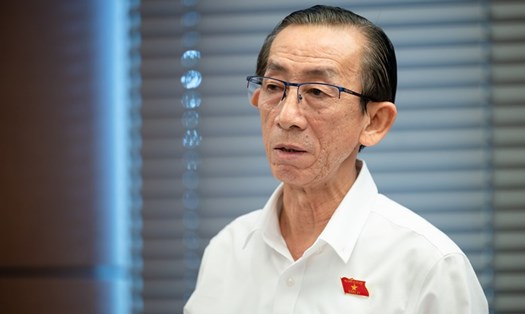Air conditioning is not a luxury item.
On November 22, at the 8th Session, the Government submitted to the National Assembly the draft Law on Special Consumption Tax (amended).
Regarding the subjects subject to special consumption tax, the draft amended law stipulates that goods and services subject to special consumption tax include: Amending regulations on air conditioners with a capacity of 90,000 BTU (temperature measurement unit) or less, except for those designed by the manufacturer only to be installed on means of transport including cars, train cars, ships, boats, and airplanes.
The issue of special consumption tax on air conditioners received great attention from National Assembly delegates when discussing in groups that morning.
Delegates agreed that air conditioners are not luxury goods, so special consumption tax should not be imposed.
Delegate Nguyen Minh Hoang (HCMC Delegation) said that imposing a special consumption tax on air conditioners would be inappropriate, as most families with average living standards have installed air conditioners. In the current hot weather conditions in both the North and the South, it is impossible not to have air conditioners in the house.
According to the delegate, installing air conditioners also aims to ensure health, restore labor energy after working hours, requiring stable and comfortable sleep. Without air conditioners, it will be difficult to ensure health.
On the other hand, when using air conditioners, people already pay progressive electricity costs. Now, having to pay a special tax rate when installing them will greatly affect people and they will not be satisfied with this policy.
"Installing air conditioners is a necessity of life for the majority of people, it should not be considered a luxury item. While we say our country is developing, we are having a happier life, we must create conditions for people to have a more comfortable life," said the delegate.
Regulations will push living conditions back 30 - 40 years
Agreeing with the above opinion, delegate Truong Trong Nghia (Ho Chi Minh City Delegation) said that regulations like the draft law will push Vietnam's living conditions back to 30-40 years ago.
In the current weather conditions, even poor workers in boarding houses install and use air conditioners for their daily needs. Taxing air conditioners is unreasonable.
"Decades ago, this item was truly a luxury item, but given current economic conditions and in a tropical country like Vietnam, I don't understand why a special consumption tax is imposed on this item. In my opinion, environmental tax should only be applied to this item," said the delegate.
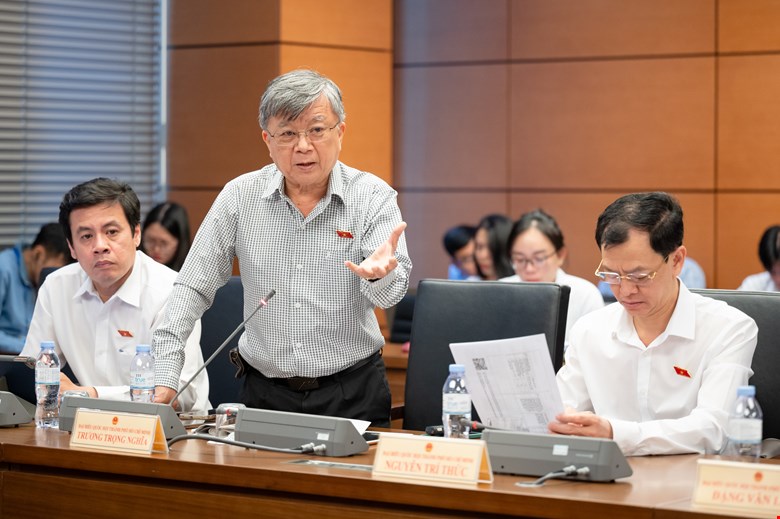
Delegate Nguyen Quang Huan (Binh Duong Delegation) acknowledged that using air conditioners causes environmental pollution, but when people's lives improve, using air conditioners becomes an essential need.
"In the hot summer, especially in the city, can we stand it without air conditioning? The demand for air conditioning is very high, so should air conditioning be subject to special consumption tax?" - the delegate raised the question.
Chairman of the National Assembly's Finance and Budget Committee Le Quang Manh said that some opinions suggested considering not collecting special consumption tax on air conditioners because currently, the use of air conditioners has become popular and is no longer a luxury item as before.
In case the special consumption tax on air conditioners continues to be collected, the tax will only be collected on air conditioners using HCFC refrigerants (a compound containing carbon, hydrogen, chlorine and fluorine) to encourage the use of environmentally friendly technology.

